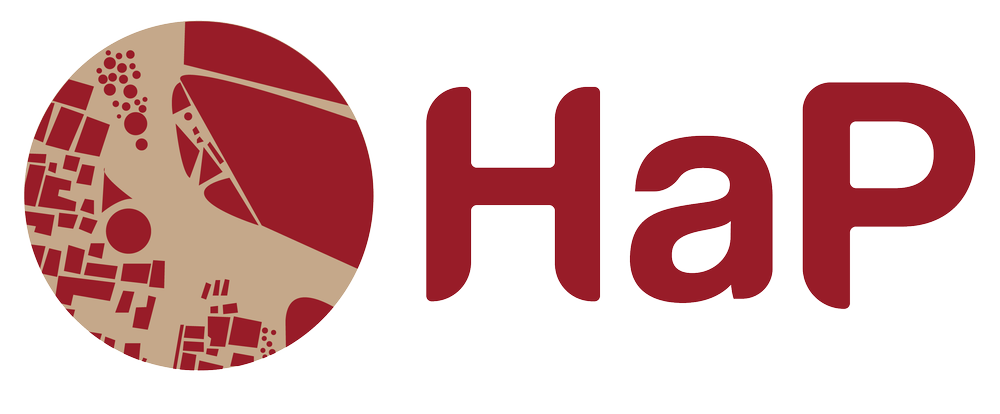The Heidelberg Centre for Transcultural Studies (HCTS) is a cross-disciplinary Institute for Advanced Studies at Universität Heidelberg, Germany. Founded in April 2013, the HCTS builds on the structures established by the Cluster of Excellence ‘Asia and Europe in a Global Context’ to advance interdisciplinary work in the humanities, cultural studies, and social sciences. By focusing on historical entanglements and processes of exchange between Europe and East- and South Asia, with a particular geographic focus on India, Nepal, Japan, China, and Korea, the HCTS offers a critical re-examination of area studies and new impetus to analysing global trans-regional relationships.
As part of the newly-opened (2019) Centre for Asian and Transcultural Studies (CATS) campus, home to one of the largest libraries of Asian studies in Europe, the HCTS is bound up in wider networks of transdisciplinary research. By offering both a master’s and a doctoral programme in Transcultural Studies, the HCTS furthermore advances new theoretical and methodological approaches to research in the humanities and social sciences and attracts a global community of scholars.
The Heidelberg research team within HaP is made up of Christiane Brosius, principal investigator and professor of the HCTS Chair of Visual and Media Anthropology, as well as postdoctoral researcher Monica Mottin. The project is supported by coordinator Emily Hyatt, data manager Julia Shrestha, and student research assistant Ina Schmidbauer. HaP is furthermore bolstered by Heidelberg University’s digital humanities competencies and supported by infrastructures at Heidelberg’s University Library (Universitätsbibliothek) and the Nepal Heritage Documentation Project (NHDP). It is also connected to the Flagship Initiative Transforming Cultural Heritage, of which Christiane Brosius is the speaker.
The Heidelberg Centre for Transcultural Studies, photographed from the southwest. Photo courtesy of the HCTS.



